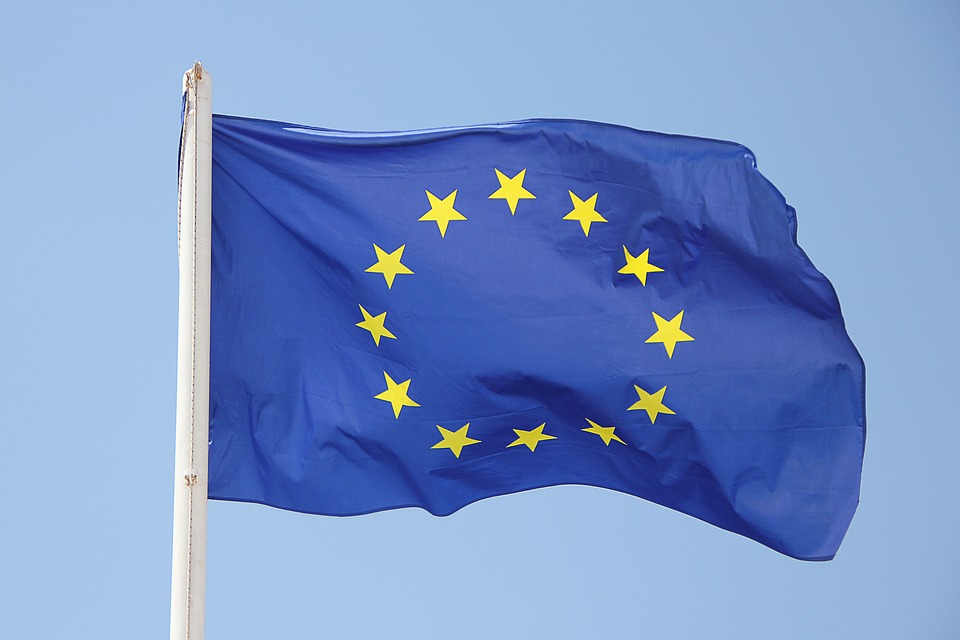With the adoption of the Green Deal and its initiatives on energy transition, the European Union has finally made a real move for a more sustainable future. As is proper, the Green Deal includes basic Social Rights in all its initiatives.
The current energy crisis may negatively affect these EU policies. Are we just going to replace Russian gas with other fossil fuels and nuclear energy? Or will there be a balanced effort toward structural change in energy production and consumption? Will there be a sufficient sense of urgency to avoid and eradicate energy poverty? Market economy actors will not by themselves take the right directions; governments have to intervene and impose choices. This could be an opportunity to combine short-term interventions with structural investments in sustainable living.
It seems that the EU is taking steps in this direction. During the Extraordinary Transport, Telecommunications and Energy Council of September 9, 2022, EU energy ministers exchanged views on possible emergency measures to counter high energy prices and to improve preparedness for next winter. (https://www.consilium.europa.eu/media/58929/presidency-summary-220909.pdf)
They invited the European Commission to propose by mid-September measures for capping the revenues of energy producers and to ask for a solidarity contribution from fossil fuel companies to be used to mitigate the impact of high energy prices on customers. They also asked for a proposal on a gas price cap and on coordinated electricity demand-reduction across the EU. But the “State of the Union” speech by the President of the European Commission on September 14 shows that there is still not sufficient support among member states to make clear decisions, in particular on the price cap on gas.
